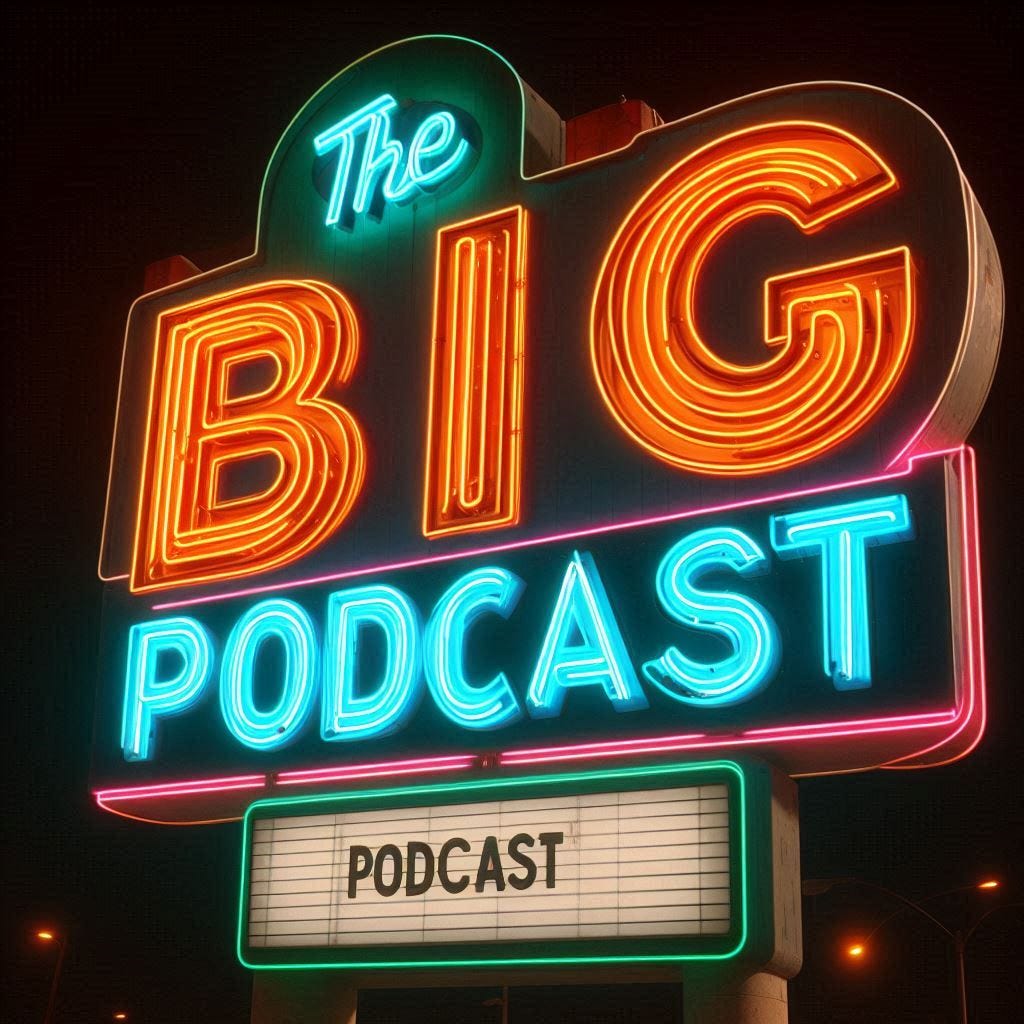8 Common Podcasting Mistakes
Here’s a “quick and dirty” list of some of the most common mistakes I see podcasters make …
Lack of Focus: Trying to cover too many topics or constantly changing themes can confuse listeners. It's essential to pick a niche and stick to it to build a loyal audience.
Podcasters, especially those who start podcasting without an attachment to an established business or career, often change the title or topic of their podcasts a lot.
I get it—sometimes you need to jump in on something to see if you really like it. And you shouldn’t feel you need to stick with something that you don’t like.
But … building an audience takes time. Building your skills as a podcast host takes time.
Podcasts are a great marketing tool and an amazing way to get a message out, but it takes time to find your groove and build a loyal audience.Poor Audio Quality: Bad sound can turn off listeners quickly. Investing in a good microphone and learning basic audio editing skills can make a significant difference.
People judge the quality of your content by how it’s recorded. You’re going to speak it regardless, so you might as well speak it into good equipment.Inconsistent Publishing Schedule: Consistency is key in podcasting. If you promise new episodes every week, but miss deadlines frequently, you'll lose your audience's trust.
Let people know when to expect new episodes and deliver on this. Frequency doesn’t matter when it comes to trust, although a weekly or semi-weekly publishing schedule will often grow a podcast more quickly than releasing episodes less frequently.Not Engaging with Listeners: Failing to interact with your audience through social media, emails, or comments can make your podcast feel one-sided. Engaging with listeners can build a community around your podcast.
You don’t have to be available 24/7 and “always answer the phone.” However, listeners contact you because they like you and what you publish, and responding to these messages is a great way to build a connection with them.Overly Scripted or Underprepared: Finding the right balance between being prepared and sounding natural is crucial. Overly scripted content can feel robotic, while under-prepared content can seem unprofessional.
For non-fiction podcasts, whether interview format or monologue, I suggest working from bullet points.Ignoring Feedback: Constructive criticism from listeners can help improve your podcast. Ignoring feedback means missing out on valuable insights.
You don’t need to change anything about your podcast based on a single opinion, but if you hear the same feedback repeatedly, it may be worth considering.Monotone Delivery: A flat, monotone voice can make even the most interesting topics sound dull. Varying your tone and showing enthusiasm can keep listeners engaged.
This comes with time. You will get better faster when you edit yourself and/or do something that requires you to listen to yourself.Lack of Promotion: Even the best podcast will struggle to gain listeners without proper promotion. Utilize social media, collaborations, and other marketing strategies to grow your audience.
Podcasts don’t promote themselves. If you’ve got something good, let others know about it.
Avoiding these common pitfalls can help you create more engaging and successful content.
Good luck!



